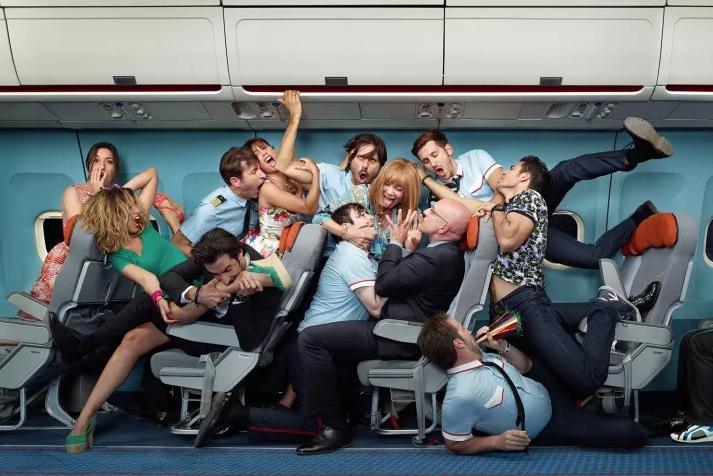There have been some alarming stories recently of airline passengers behaving badly.
For many, air travel is a stressful adventure. When fellow passengers misbehave, this not only creates major anxiety – it compromises safety.
Two recent examples include the opening, or attempted opening, of emergency exit doors when the aircraft was still on the tarmac and whilst in mid-flight.
On 25 January 2024, prior to take-off, a passenger aboard an AeroMexico flight opened an emergency exit door and walked on the wing momentarily before returning to the cabin. On 13 February 2024, a passenger aboard an American Airlines flight tried to open an emergency exit during the flight. Passengers were forced to restrain the passenger, holding him down and taping him in place with duct tape. In both instances the offending passengers were detained by the respective authorities.
As an aside, what many do not realise is that, theoretically, an aircraft door cannot be opened at high altitude, due to the pressure differences between the inside and outside of the cabin. The scenes of passengers opening doors and parachuting out exists only in the world of Hollywood.
More recently, on 25 February 2024, an apparently intoxicated passenger on a flight from Dubai to Islamabad, assaulted an Emirates flight attendant. The crew managed to restrain the passenger and hand him over to the relevant authorities upon landing.
Whilst incidents such as these are few and far between when compared to the volume of passengers boarding flights daily, they do make headlines and the question is inevitably asked: What are the laws of the sky and how is passenger behaviour regulated?
Each country has its own applicable legislation and regulations – and in this note we will consider the position under South African law.
Despite the cabin crews’ best efforts whilst the aircraft is taxiing for take-off, very few passengers listen to the instructions being given. The one crucially important line is the caution that acts such as smoking, using your mobile device or consuming your own alcoholic beverages would constitute “…a breach of South African Civil Aviation Regulations”. What are these regulations and what do they permit or prohibit? What are the ramifications of non-compliance?
The Civil Aviation Act and South African Civil Aviation Regulations, 2011 (CARs) contain a general prohibition against endangering the safety of aircraft or passengers. Any of the abovementioned incidents would fall within that category.
More specific CARs include a prohibition on the use of portable electronic devices, and smoking, at all times. Passengers are also prevented from consuming alcohol or any psychoactive substance “…while on board an aircraft if, as a result of such consumption, the effects are, or are likely to, endanger the safety of the aircraft or its occupants”.
It may be difficult to determine what may be likely to endanger the safety of the aircraft or its occupants but there is no doubt as to the punishment. The mandatory penalties for such acts, which are regarded as offences, are considerable – a fine or imprisonment not exceeding six months, or both. For a first offence a passenger will be fined R10 000.00. If the person commits a second or third offence, the penalty increases to an amount of R20 000.00 and R32 000.00, respectively. However, smoking in an aircraft or tampering with any smoke detecting devices, can carry a maximum prison sentence of ten years or a fine or both.
When you book your ticket on a commercial aircraft you agree to be bound to various rules and regulations aimed at getting all the passengers to their destination safely. This is a collective responsibility that we share with our fellow passengers to make air travel a pleasant and safer experience.
ARTICLE BY: Michael Homveld. Aviation team: Norton Rose Fulbright.




